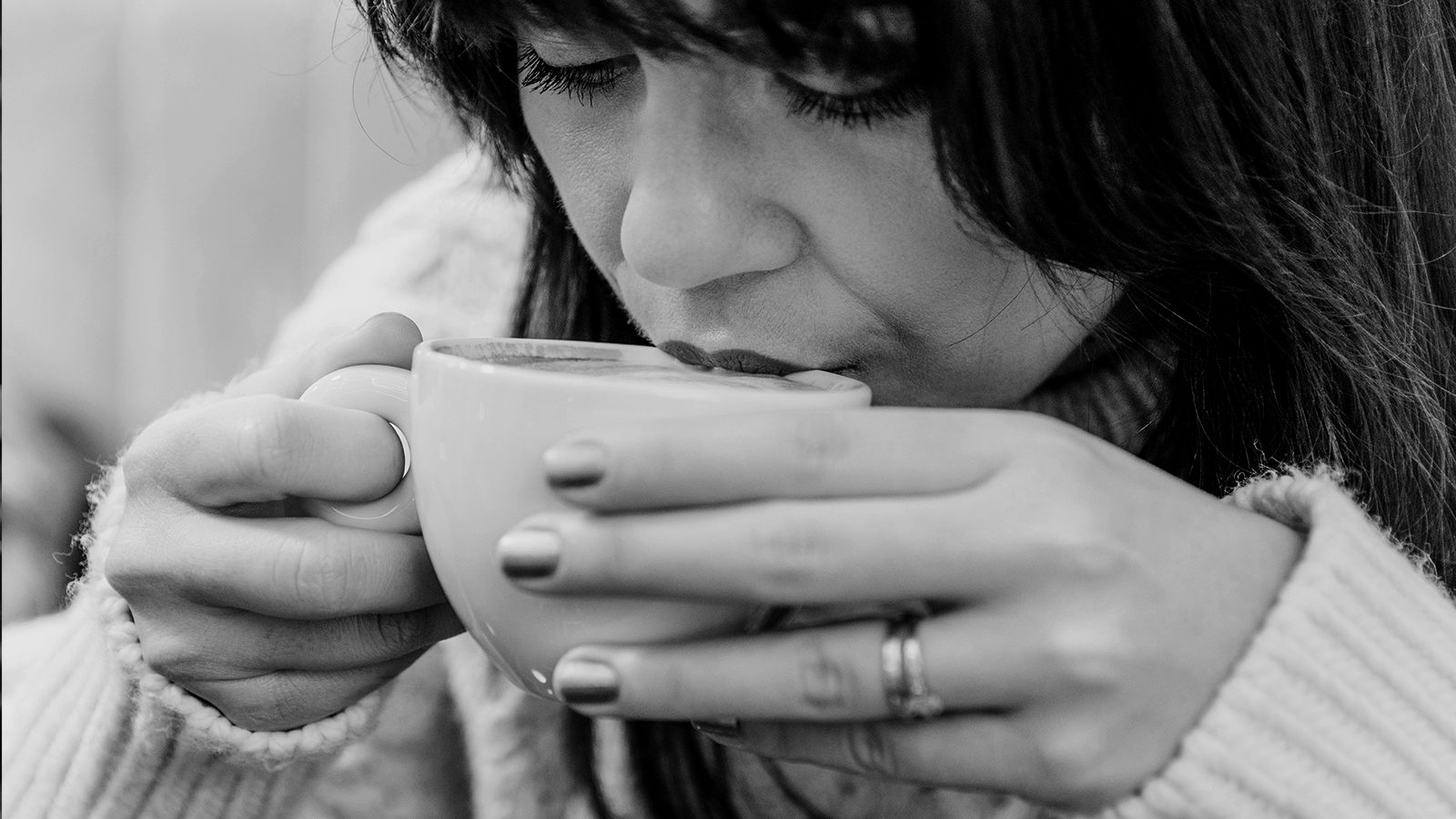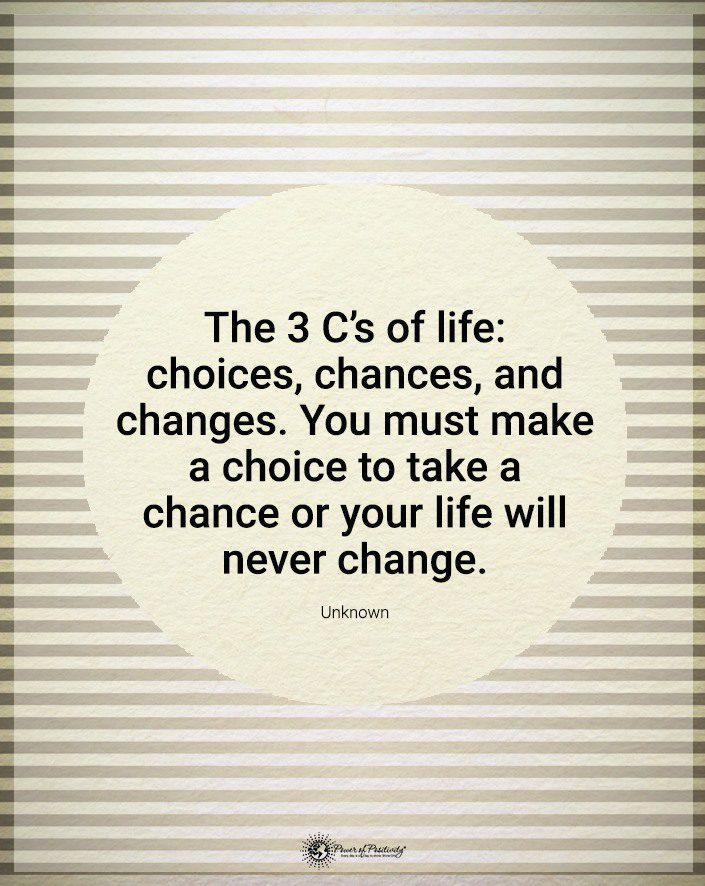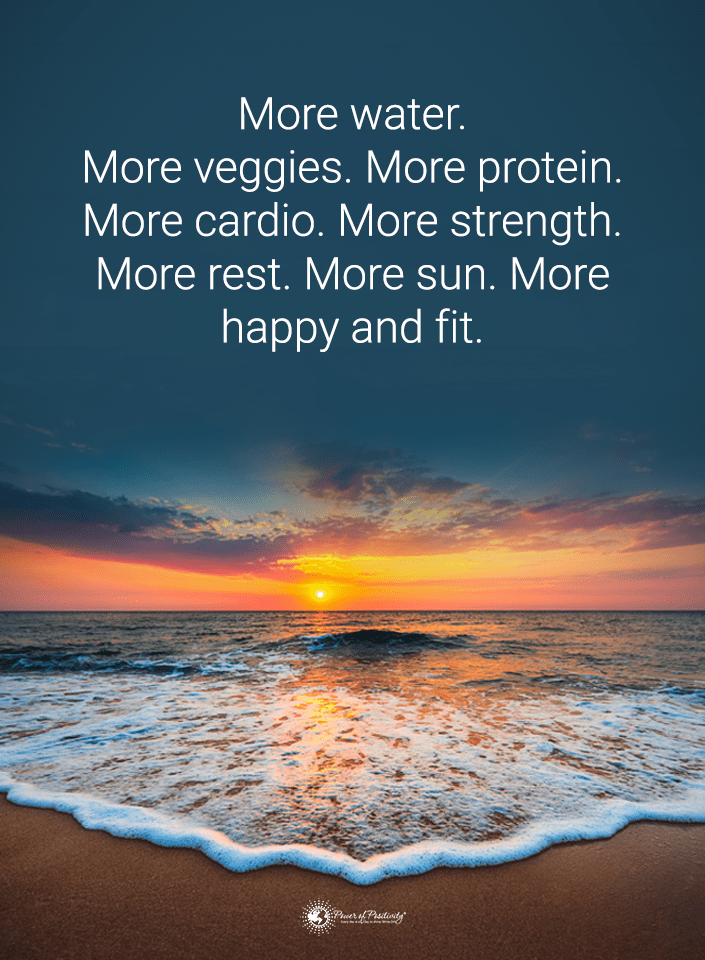Many people jump-start their day with a cup of coffee or tea. Both drinks contain caffeine, a stimulant found not only in coffee and tea but also in energy drinks and some medications. Using caffeine increases your energy level and helps you concentrate. But taking too much java may cause insomnia and headaches and make you feel jittery. If you think you’re using too much caffeine, you may wonder how to stop drinking coffee and other drinks that contain it. Here are some suggestions for doing this without too many side effects.
How much caffeine is too much?
Caffeine affects everyone differently depending on gender, size, and sensitivity to caffeine. The average adult drinks around two cups of caffeine every day. Even drinking as many as four cups of caffeinated beverages doesn’t bother most people. Going beyond this, though, can lead to side effects such as:
- Headaches
- Dizziness
- Nervousness
- Jitters
- Insomnia
- Sleep disruptions
- Raised blood pressure
- Racing heart
- Abnormal heartbeat
- Dehydration
Is caffeine addictive?
Maybe, and maybe not. Addiction usually means something is irresistible, and you can’t live without it. According to the National Library of Science, caffeine doesn’t fit this definition. It’s not an addiction, but it’s hard to give up. Caffeine won’t harm individuals who take it as drugs do. When you give up drinking caffeinated drinks like coffee, tea, or sodas, you may have symptoms similar to withdrawal but less severe. Of course, this depends upon the person. Drinking coffee in moderation is the key to not having extreme side effects if you stop drinking coffee, tea, or soda.
What drinks or foods contain caffeine?
A wide variety of foods and drinks contain caffeine. Even some sports drinks contain caffeine. If you hope to cut back, read the labels of all your favorite beverages. You may be surprised that some drinks you regularly consume have caffeine. Here are the most common things that contain caffeine.
- Coffee
- Espresso
- Tea
- Decaf tea and coffee
- Soda
- Chocolate
- Energy drinks
- Supplements
- Some gums
- Some candies
- Protein bars that contain chocolate or cocoa
- Ice cream
- Chocolate cereals
- Chocolate milk
- Granola bars with cocoa
- Kombucha -those made with caffeinated teas
- Matcha. It is made with green tea, which has caffeine
- Pain relievers
Is caffeine in medications?
Caffeine is in many over-the-counter and prescription headache medications. It helps your body absorb the headache medication faster. If you’re trying to cut back on your intake, read the over-the-counter medicines’ labels.
Is there caffeine in herbal remedies?
Many herbal remedy supplements contain caffeine. Because these products aren’t required to list their ingredients, you may not know if your herbal remedy has caffeine. The most common herbal remedies with caffeine include:
- Guarana berries
- Yerba mate
- Kola nut
- Green tea extract
- Yaupon holly
- Guayusa
How to stop using caffeine in ten days or less
Trying to learn how to stop drinking coffee? Keep these three things in mind.
Cut back slowly
Never cut out caffeine completely. This will make you feel terrible. You’re apt to have powerful side effects which make you feel so bad you’ll want to quit trying to give up caffeine. Slow and steady is critical. Reducing the amount of caffeine you drink or eat incrementally is best. If you typically drink three cups of coffee, try drinking just two for several days. Then try drinking one cup of coffee for several days. If you start to get side effects, drink an extra cup of coffee to offset the side effects.
Fall in love with other drinks
Find substitutes for your regular caffeinated drinks. Instead of drinking soda, try decaf seltzer water. The best replacement is water. Drink it cold or warm with a bit of lemon or lime in it. Staying hydrated can help you not crave coffee.
Break the habit
Many people say drinking coffee is a habit. They enjoy a cup of coffee in the morning while they wake up or in the evening after dinner as they sit on their patio. It’s hard to break habits, but it’s possible to stop drinking coffee over time. Find a good substitute, such as decaf coffee or herbal tea, to sip on in the morning. Some say a hot cup of water in the morning with a squeeze of lemon and a cup of coffee satisfy. Of course, you’ll need to get used to the change.
Other tips to help you kick your caffeine habits
Here are some steps to follow that may help you figure out how to stop drinking coffee
- Find motivation to quit: A Harvard study found that it’s easier to break a habit if you have a reason you want to change. This provides you with stronger motivation to change. You can refer to this reason when you’re struggling.
- Ask yourself what triggers your desire for coffee and caffeine: After you figure out why you want to stop drinking coffee, figure out what triggers your desire to have caffeine. Is it tiredness? Is drinking coffee a nervous habit? Whatever the trigger or reason, figure out how to avoid these triggers. Maybe change up your morning routine, or substitute another caffeine-free drink for your morning cup of Joe.
- Change your behavior: This is where the hard work starts. If you stop for a morning coffee on your way to work, you could order a flavorful herbal hot tea instead. Or you could try half decaf and half regular coffee in the morning. This cuts your caffeine without too much effort. You won’t succeed ideally, but as you reduce your caffeine, you’ll be surprised at your success over time.
- Be sure to pat yourself on the back: Even if you make small strides towards stopping drinking caffeine, that’s okay. It takes time…maybe even longer than ten days, but that’s okay.
What are the significant side effects of how to stop drinking coffee?
Even if you slowly cut back on caffeine, you may see some side effects. These will start anywhere from 12 to 24 hours after your last cup of coffee or last soda. Symptoms can be severe if you cut out caffeine completely. Here are some side effects you may feel when you stop drinking your favorite java.
You may feel tired
You’ll feel exhausted the first few days. If you have a lot going on, it may not be a good time to stop drinking caffeine. Schedule a few days off work when you give up caffeine. You may want to sleep all the time, feel lethargic, or be extremely tired. Drink lots of water to stay hydrated. Relax by reading or watching a movie to take your mind off drinking caffeine. Go for a walk outdoors. Play with our dog or go out for lunch with a friend. Staying busy helps you forget about your tiredness and your lack of caffeine.
You may have a headache. Taking an over-the-counter pain reliever will help you get through these initial headaches.
You’ll sleep better
One benefit of giving up caffeine is that you’ll probably sleep better than you have for a long time. Caffeine disrupts sleep by making you wake up all hours during the night. You’ll find your sleep is deeper and feel more rested. Your body may be tired from your caffeinated lifestyle. After sleeping so well, you’ll feel more energetic and happier than you did with caffeine.
You may gain weight
Caffeine is a hunger suppressant. Once you stop drinking coffee or tea, you’re apt to eat more and gain weight. Drinking caffeine raises your metabolism. This helps burn calories, so you lose weight. Once you take away the caffeine, you may see your weight go up. You can adjust this by getting more exercise and eating more veggies, fruit, and lean meats, plus lowering your carb intake.
You will lack the antioxidant properties of coffee
One downside of eliminating coffee or tea is that you won’t be getting the antioxidant benefits from these caffeinated drinks. That’s okay because you can boost your intake by eating foods high in antioxidants, such as
- Pecans
- Blueberries
- Raspberries
- Strawberries
- Goji berries
- Red cabbage
- Beans
- Kale
Up your intake of these and other fruits and veggies high in antioxidants to help offset not drinking coffee.
You’ll feel calmer
Caffeine can make you nervous and jittery. Cutting back on java will make you feel calmer and less anxious.
Better bowel movements
Caffeine stimulates your digestive system. It speeds up digestion and can lead to diarrhea. Coffee is also acidic, which causes digestive problems. When you stop drinking coffee, you may find your tummy calms down, and you have fewer bowel movements and diarrhea.
Final thoughts on how to stop drinking coffee in under ten days
If you wonder how to stop drinking coffee, hopefully, these suggestions give you some hope that you can break the caffeine habit. Caffeine is found in many drinks, foods, medications, and herbal remedies. Be sure to read labels before you eat or drink. Once you stop drinking caffeinated beverages, there is a good chance you’ll see some positive health benefits that motivate you to stay caffeine-free.

















 Community
Community

